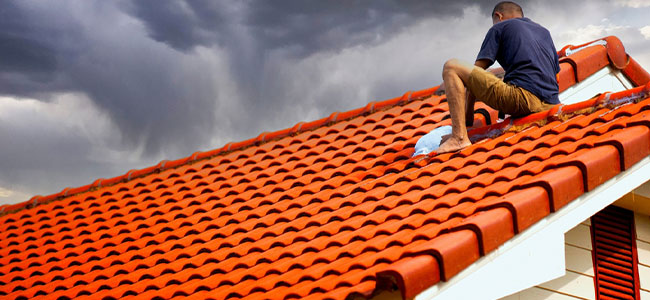
Two contractors face $174,000 in penalties for safety violations.

The candy manufacturer is under scrutiny following a March 2023 incident.
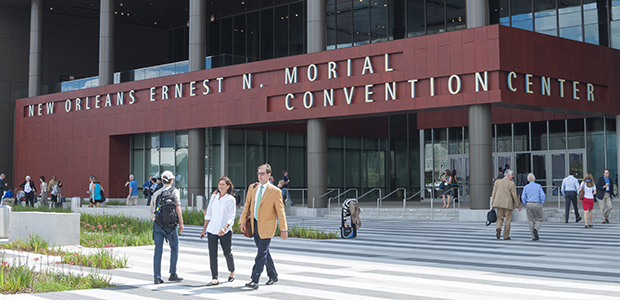
The NSC Safety Congress & Expo 2023 in New Orleans will feature industry leaders addressing vital safety topics, from training across generations to the role of technology in ensuring workplace safety.

The NSC Safety Congress & Expo 2023, coming to New Orleans from Oct 23-25, will give safety professionals an opportunity to dive into professional seminars, technical sessions, and explore cutting-edge safety innovations at the Ernest N. Morial Convention Center. Featuring the debut of NSC Central and exclusive insights like OSHA’s 2023 Top 10. Champion workplace safety with global professionals.

The company’s former owner allegedly dismissed the employees after COVID-19 concerns.
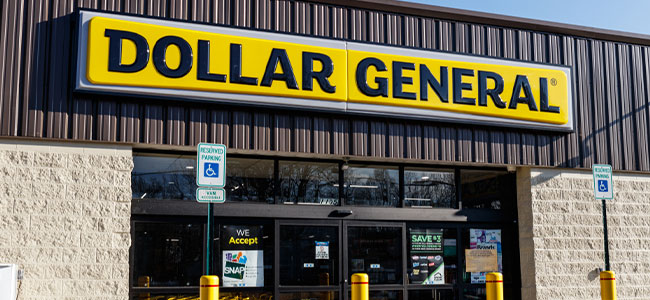
The retail giant faces $147,334 in proposed penalties.
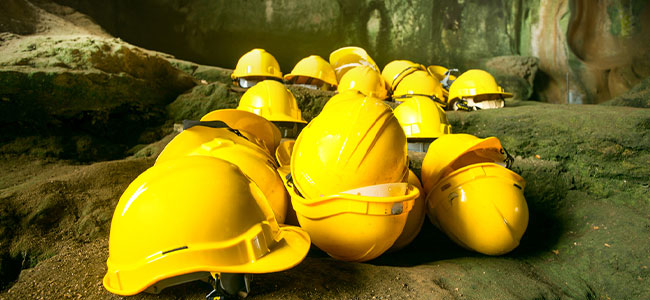
The safety-focused event unites industry leaders and runs from Oct. 10-12.
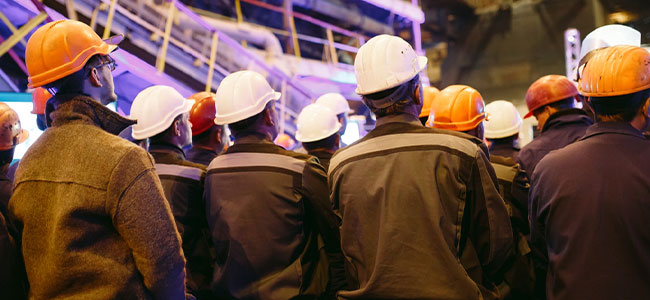
The joint initiative OBSERVAR ensures democratic processes in workplaces.

New research reveals how technology can mitigate the most common workplace injuries.
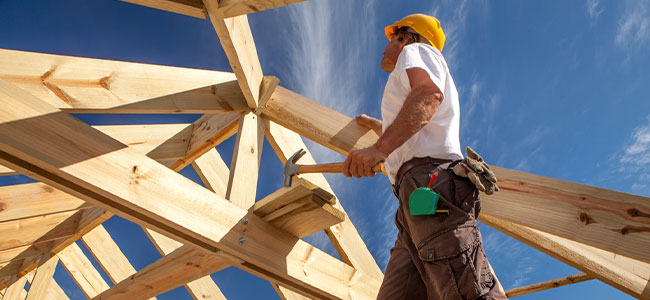
The company was cited for exposing workers to fall and struck-by hazards.